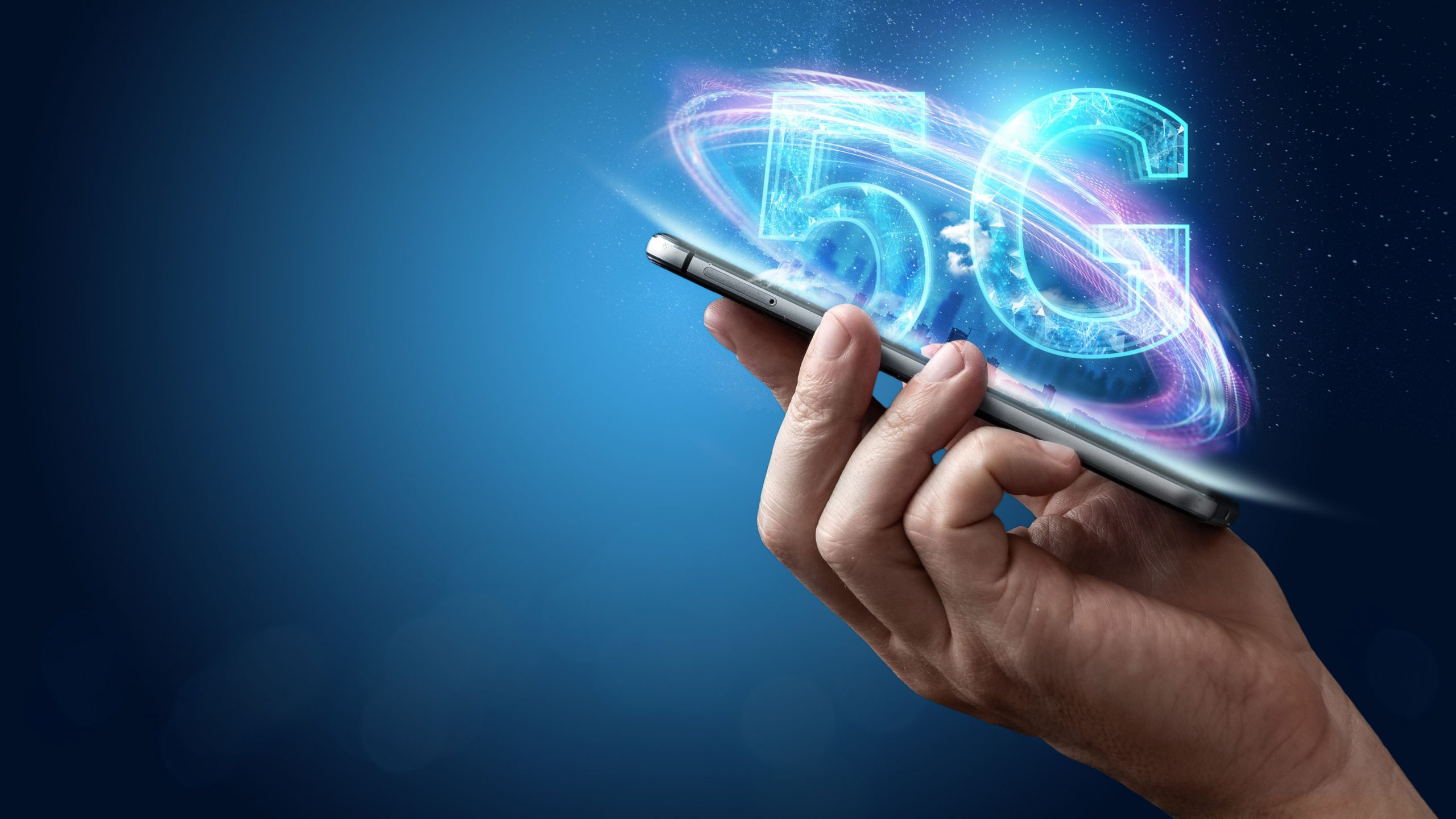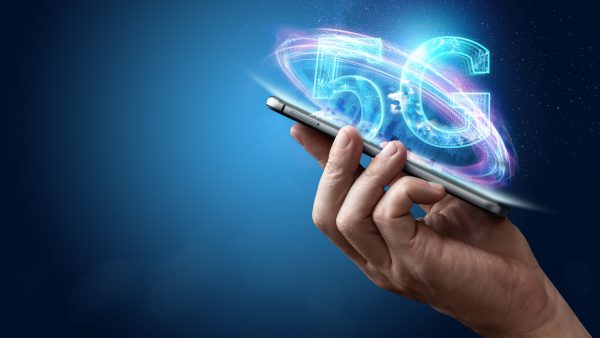Participating in a connected society continues to both evolve and impact our daily lives. Which begs an answer to the question of how much of an advantage 5G connectivity will provide over the more widespread 4G aside from fast speed and low latency. An answer to that question will depend on what one’s digital needs are.
Read more about Tech
As we know connectivity has progressed beyond just providing access to the internet or implementing complex architectures that are the building blocks of the digital world. The challenges the world faces are that of a growing number of devices and the need for faster means of connection. This means that the existing network needs to be upgraded to meet up the advanced connectivity needs.
Older Wireless technologies such as Wi-Fi, Bluetooth, 3G, and 4G LTE rely on performance trade-offs with the connected devices on their network but this is not the case with 5G. With the 5G connectivity reaching speeds of up to 10 Gbps (100 times faster than 4G), the technology can deliver a network that is more suitable for the demands of our increasingly connected society.
Whether individuals are streaming a film on their smartphone or driving their smart car, the necessary connectivity levels are not always available with existing 4G networks. 5G can settle these issues and provide the speeds that users expect. 5G is much of a significant improvement on 4G due to its speed and other attributes.
Nigeria although technologically behind due to several government policies that work against technological advancement that can benefit Nigerians. The ban against cryptocurrency transactions by the central bank of Nigeria proudly sponsored by the federal government and the banning of Twitter for several months has shown that perhaps Nigerian leaders are anti-technological advancements. The reverse is the case for 5G technology as Nigeria finally issues 5G licenses to Mtn and Mafab Communications. After 11 rounds of bidding for two lots of 100MHz of the 3.5GHz spectrum for the Fifth Generation (5G) network, MTN Nigeria and Mafab communication emerged winners, while Airtel came last.
Going by the success of the auction, the Federal Government, through Nigerian Communications Communication (NCC) is likely to earn $546 million between December 2021 and February 2022. The controversies surrounding the deployment of the 5G network in Nigeria are far too numerous to be ignored. During the coronavirus outbreak of 2020, Nigerians believe that there is a connection between 5G and the spread of coronavirus.
There were a lot of conspiracy theories that through 5G, the world powers (China, United States of America, Russia, and the united kingdom) were trying to reduce the world population. Some believe that it is already deployed and in use in some parts of Nigeria. The Nigeria communication commission has refuted the statement completely. The technology if deployed in Nigeria will provide the outlet for new and emerging technologies such as the Internet of Things (IoT), Artificial Intelligence (AI), and Big Data to improve the standard of living.
Sign up to the Connect Nigeria daily newsletter
Deploying 5G in Nigeria has numerous advantages which include faster internet connection, smoother user experience, and Huge deployment of information technology to drive growth and development of industries. The new networks will come with great potential that will boost the entire scope of Nigeria’s socio-economic ecosystem.
Adopting a 5G network in Nigeria will bring about transformation in the country in the area of smart city, smart transportation, efficiency in medicine as well as a lot of mechanization in respect of our appliances and devices concerning the Internet of Things (IoT). The country will also benefit immensely from the adoption of the network in terms of faster speed, high latency, and high capacity that will transform consumer and business experiences because of the difference between all other existing generations of technologies such as 2G, 3G, and 4G lies in speed and data capacity. Everything that has advantages when flipped to the other perspective also has side effects likewise the 5G network even though a lot of people are singing its praises.
Deploying the 5G network in Nigeria might cause a disparity among the social classes in Nigeria leading to technological exclusion which is simply, inaccessibility of immediate usage by average pockets that can not avoid and afford the devices or technology 5G carries. For the 5G network to function properly, it will require a whole ambitious investment in infrastructure to increase bandwidth and expand coverage, and this is not cheap. This situation will necessarily lead to delays in its execution due to the high costs that governments will have to cover for it to function properly.
Seeing that a whole lot of sectors in Nigeria are suffering from insufficient infrastructure, one may wonder if this will be the case for 5G. Phones that use a 5G connection will result in a huge battery drain that reduces the lifespan to a large extent. Hence, producers need to invest in new battery technologies to protect the battery from damages and other problems.
Cybersecurity is also one of the drawbacks of 5G because it will result in increased hacking. The expansion in the bandwidth enables criminals to steal the database with ease. Moreover, it uses software that leads to vulnerable attacks. As 5G connects with more devices, the chances of attacks are very high. Hence, companies and businesses should protect their infrastructure with a security operations centre that will result in additional expenses.
Each country is currently discussing the legal and ethical standards for the handling and use of this data so that privacy is not affected by all this interconnectivity. 5G is a reality that in a short time will touch our lives like previous technologies, and it would be better to look at it now to take advantage of its benefits and avoid its Disadvantages. It is a welcome development that our government has already awarded licenses for the deployment of this project because for once we are not jumping into a train after it has reached its destination. We must jump on board and utilize this technology because 5G is the future of connectivity.
Featured Image Source: PC Mag
Got a suggestion? Contact us: [email protected]


